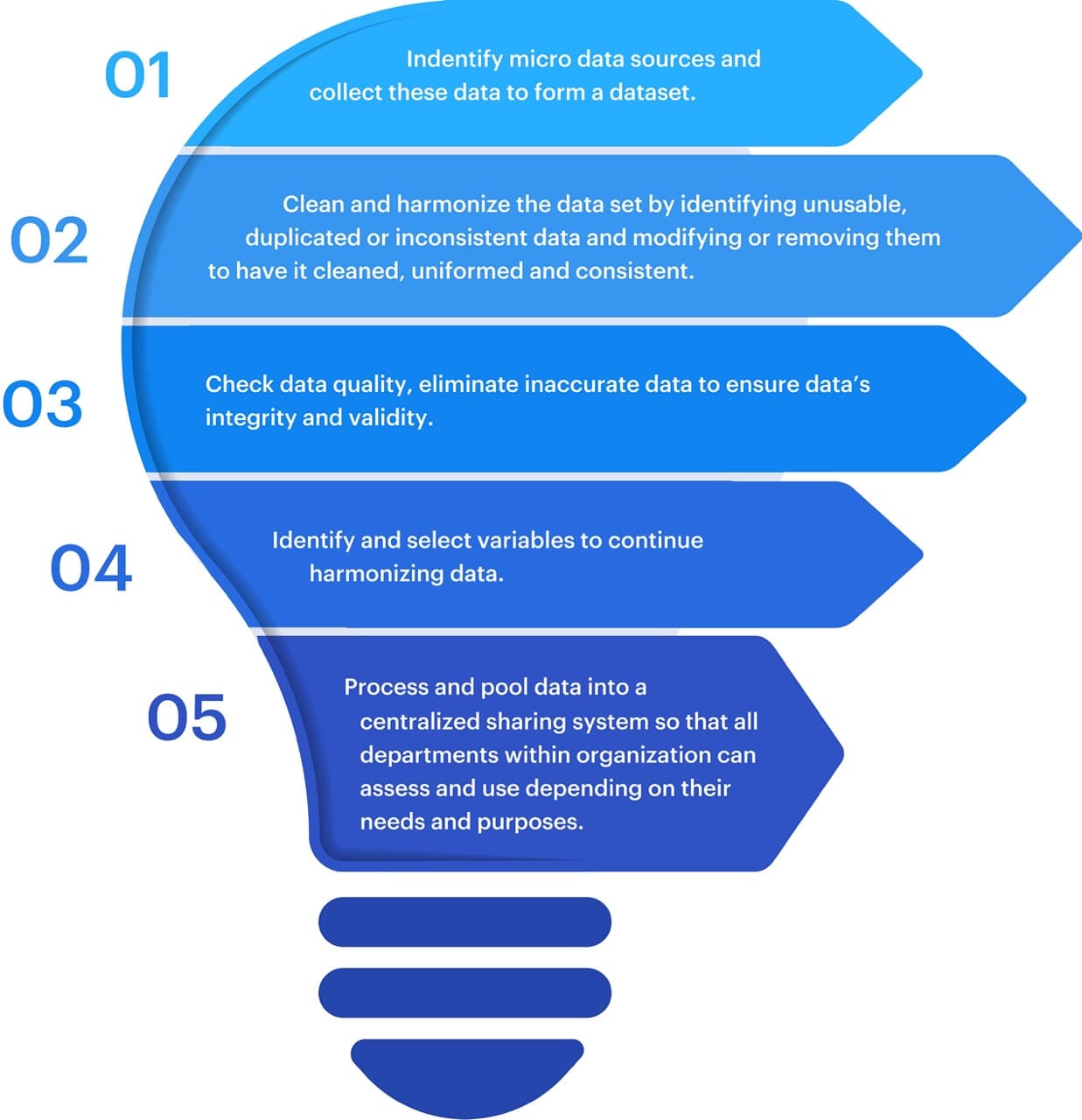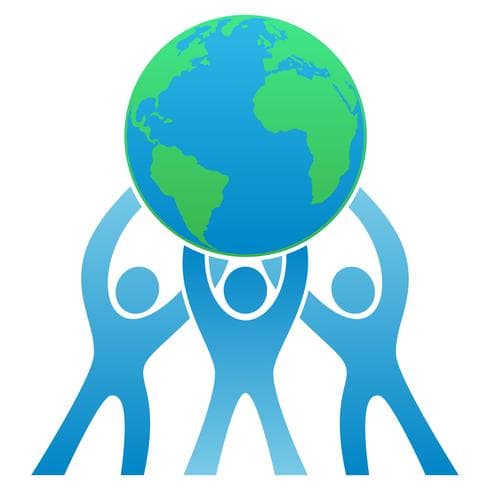Approaching Hundred Million NINs Governments Drive for Data Integration Grows Stronger
by Dominic Azuka, Full Stack Developer
1. Data Harmonization Efforts
The government's commitment to data harmonization represents a significant stride towards a more efficient NIN issuance process. This initiative involves the meticulous integration of data from various sources, encompassing biometrics and personal information. The goal is to create a unified and comprehensive database that seamlessly incorporates citizens' identity information.

One key aspect of these data harmonization efforts is the integration of biometric data, including fingerprints, facial recognition, and iris scans, into the NIN issuance system. This integration enhances the accuracy and reliability of identity verification. Furthermore, it ensures that each citizen's unique biometric characteristics are securely linked to their NIN, making the identification process more foolproof.
2. Navigating Challenges
As the government pushes forward with its ambitious goal of issuing NINs to millions of citizens, several challenges have emerged on this journey. One significant challenge has been the strain on infrastructure. The surge in demand for NIN issuance has led to infrastructure limitations, causing occasional downtime and delays in the enrollment process.

Moreover, the increasing demand for NINs has prompted the government to explore avenues for scalability. This includes the establishment of additional enrollment centers and extending operational hours to accommodate the growing number of applicants. These adjustments demonstrate the government's commitment to overcoming challenges and ensuring that citizens can access their NINs efficiently.
3. Outreach and Accessibility
Efforts to enhance outreach and accessibility in the NIN enrollment process underscore the government's dedication to ensuring that every citizen can easily obtain their National Identification Number. This multifaceted initiative encompasses several strategies aimed at breaking down barriers and making NIN enrollment widely accessible.
One pivotal aspect of this endeavor involves the establishment of enrollment centers strategically positioned across the country. These centers serve as convenient hubs where citizens can complete their NIN registration. By decentralizing enrollment, the government ensures that individuals from both urban and remote areas have relatively easy access to this essential service.

Moreover, the government has forged partnerships with private sector entities to further expand the reach of NIN enrollment. Collaborations with telecommunications providers, banks, and other institutions have resulted in the establishment of additional enrollment points. These partnerships not only increase accessibility but also make the enrollment process more integrated into citizens' daily routines, making it easier for them to comply with the NIN requirement.
Furthermore, the government recognizes the importance of public awareness and education. Outreach campaigns are in place to inform citizens about the significance of obtaining their NINs and the convenience of the enrollment process. These efforts ensure that citizens are well-informed and motivated to complete their NIN registration.
